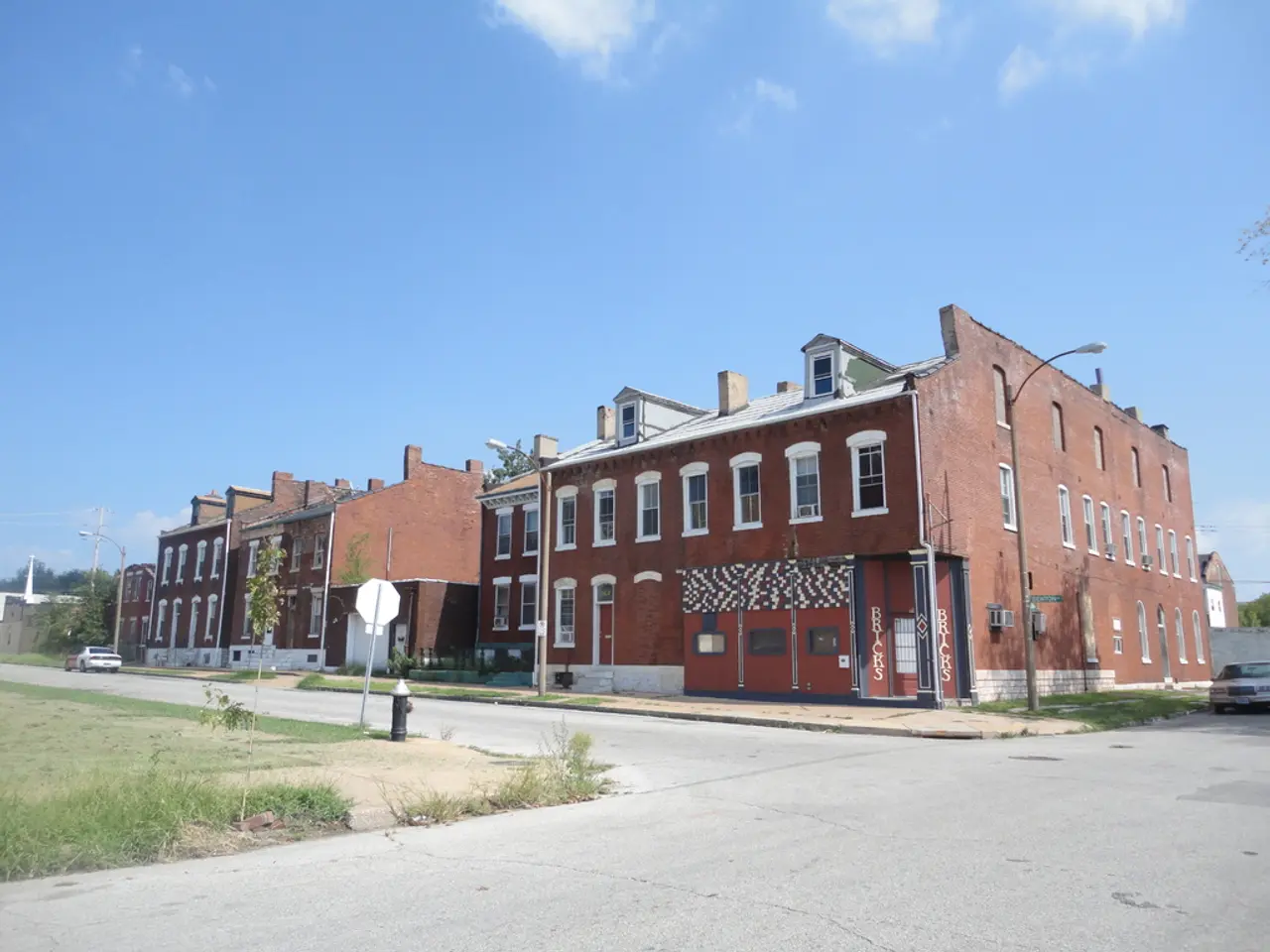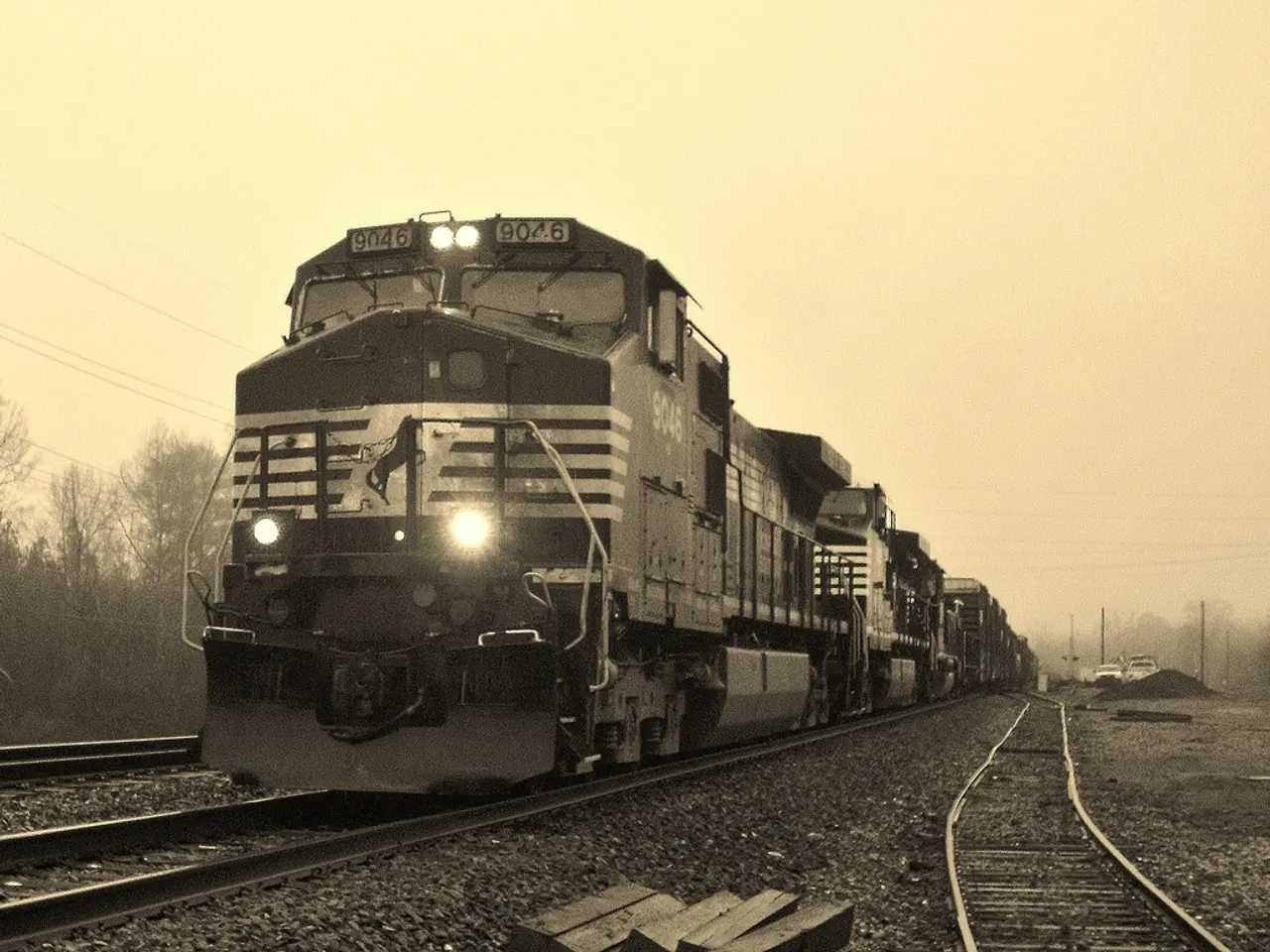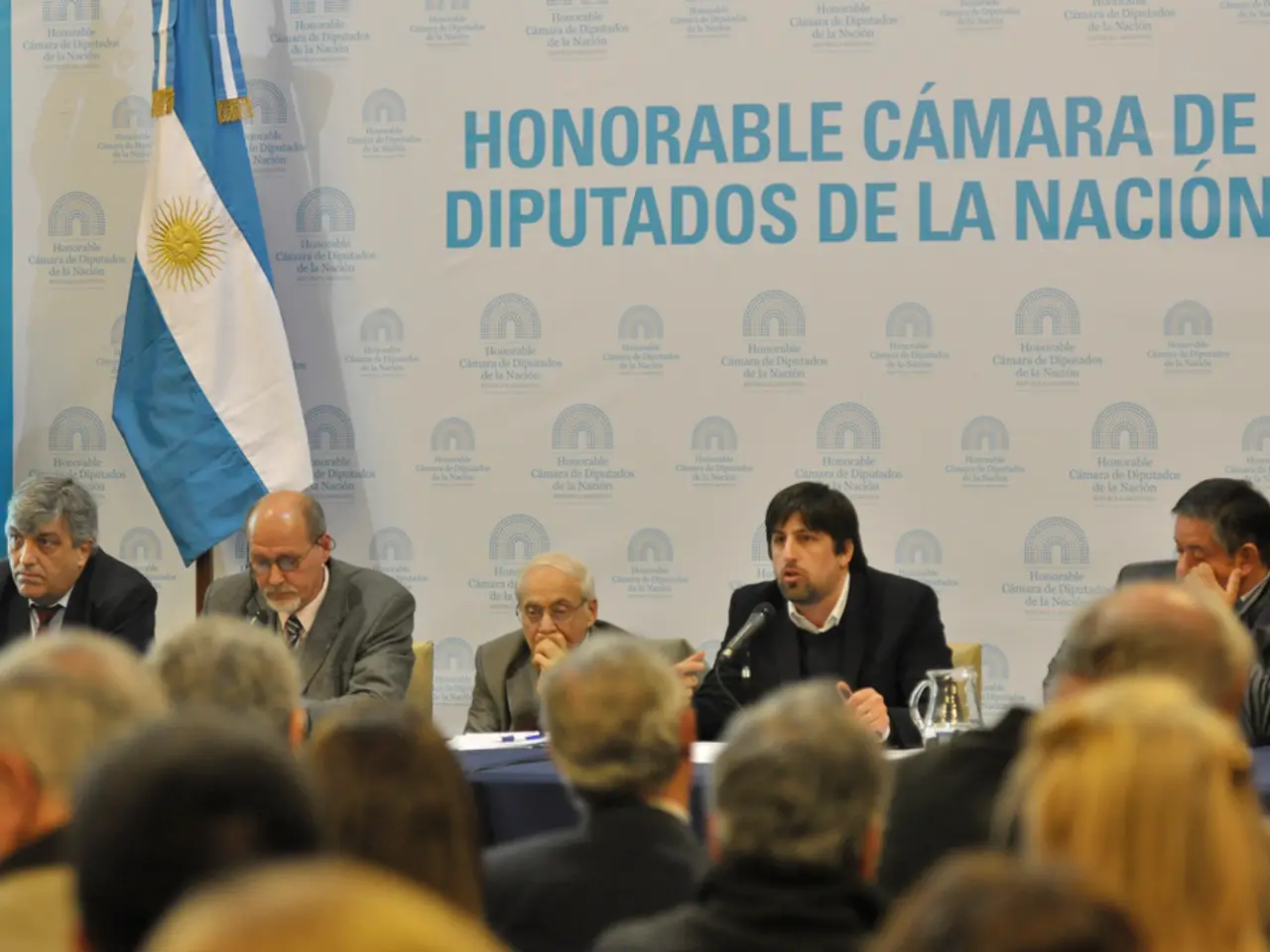Government and private sector oversights exposed in Grenfell report
Grenfell Tower Inquiry Final Report Demands Cross-Sector Reforms
The final report of the six-year public inquiry into the Grenfell Tower disaster, published on 4 September 2024, has recommended significant changes to address failings in government, the private sector, and the construction industry. These changes aim to prevent a recurrence of the disaster that claimed the lives of 72 people in 2017.
The report, composed by Sir Martin Moore-Brick, spans 1,700 pages and accuses the government, private sector, and construction industry of serious failings.
Government Failings
Recognizing a national failure in enforcing building safety, the report calls for a full government apology and a roadmap for reforms. Urgent acceleration of remediation efforts on unsafe cladding and insulation systems across medium- and high-rise buildings has been mandated. The government must also improve transparency and accountability within regulatory bodies and enhance fire safety oversight.
Private Sector Failings
Stronger oversight and enforcement actions against private sector entities responsible for building safety, including landlords and property managers, are recommended. Emphasis is placed on improved training for enforcement officers to detect and take action on fire safety violations. The role of private companies in ensuring installation and maintenance of fire breaks and appropriate materials in construction is critically highlighted.
Construction Industry Failings
Recommendations call for tightening building regulations to close existing loopholes that allowed unsafe cladding and other fire hazards to be used. Implementation of new standards in fire safety engineering, materials use, and building inspections is urged. The industry is also encouraged to adopt safer construction practices and uphold stricter compliance with fire safety legislation.
Additionally, tenant and resident involvement in fire and structural safety processes is emphasized, with new mechanisms for residents to report concerns and participate in safety oversight promoted by local authorities.
Industry Players Under Scrutiny
Arconic, a manufacturer, is accused of deliberately concealing the danger of the cladding used to wrap Grenfell Tower. An insulation company is also accused of trying to "wriggle out of their responsibilities" in relation to the Grenfell disaster. No further details are provided about the specific accusations against the insulation company.
The retrofit of Grenfell Tower was poorly managed by contractors and the Royal Borough of Kensington and Chelsea's company that ran social housing, known as the Tenant Management Organisation (TMO). The TMO had broken down trust and relationships with residents before the Grenfell fire, leading to a "serious failure to observe responsibilities."
Looking Forward
The government has begun outlining a deconstruction plan for Grenfell Tower itself as part of the remediation process and continues to respond with further reforms in construction, building, and fire safety standards to prevent such tragedies.
In summary, the inquiry’s final report demands cross-sector reforms to ensure building safety, responsibility, and citizen protection in future housing developments. The inquiry panel members hope that the final report brings a form of justice for the Grenfell disaster.
London Councils have pledged to ensure the safety of every Londoner following the Grenfell Tower anniversary. The report serves as a reminder to those responsible for building safety to read, reflect, and prioritize safety in all future projects. Thouria, an architect who joined the inquiry, called for professionals to treat Grenfell as a touchstone in all future work, acting with professionalism, competence, and putting people first.
Recommendations have been made in the final report of the Grenfell Tower inquiry, demanding cross-sector reforms to enhance building safety and protect citizens. This includes urgent government apologies, roadmaps for reforms, and accelerated remediation efforts for unsafe cladding and insulation systems.
The private sector, particularly landlords and property managers, must face stronger oversight and enhanced training for enforcement officers to detect and address fire safety violations. Additionally, construction companies are urged to tighten building regulations, adopt safer practices, and uphold stricter compliance with fire safety legislation.








